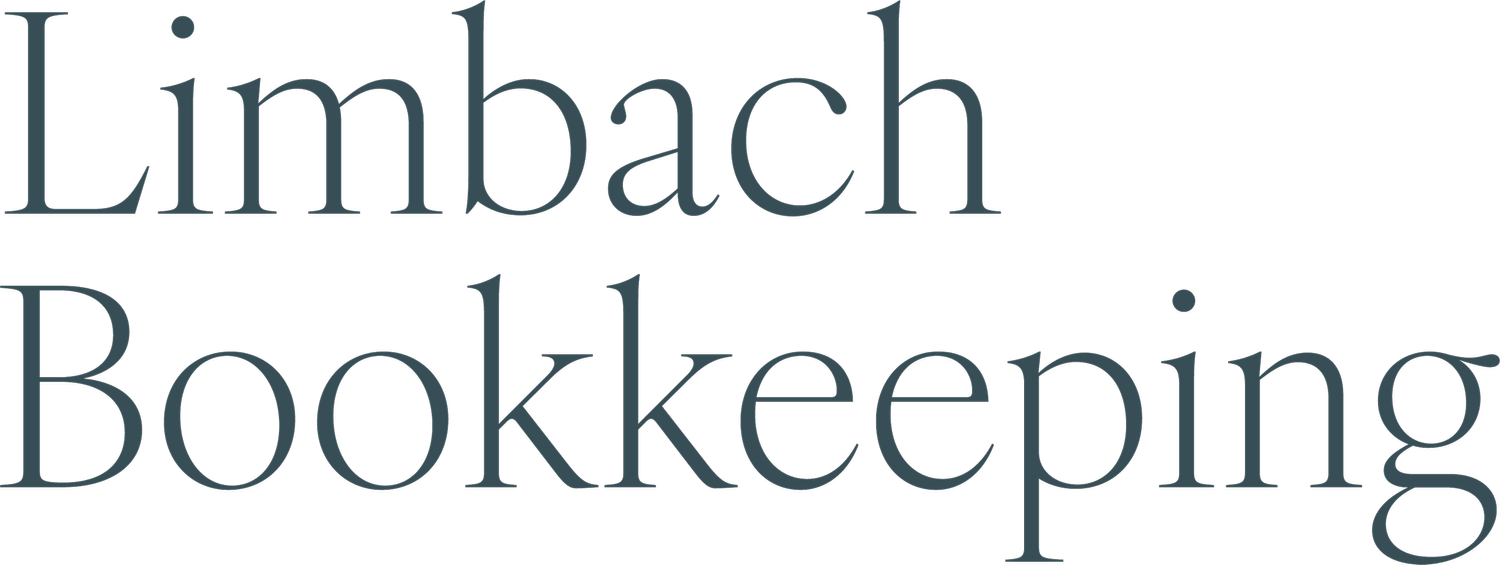Embarrassed to Ask for Help with Your Finances? You’re Not the Only One
Shame Thrives in Silence
If even the thought of handing over your books to a professional makes you feel embarrassed, you’re not alone.
Most small business owners—especially creative, mission-driven ones—feel like they should have it all figured out. They think asking for help is a sign they’ve failed.
But here’s the truth: Asking for help isn’t failure. It’s wisdom.
The Sign: You’re Embarrassed to Ask for Help
You feel behind. Maybe even ashamed.
You worry someone will judge your messy receipts, your missed entries, or your makeshift system.
So you try to do it alone—or worse, ignore it completely.
Why This Happens (And How It Shows Up)
Shame around money often stems from:
Feeling like you’re “bad at business”
Comparing yourself to other entrepreneurs
Internal pressure to do it all yourself
(Explore how to overcome the fear of asking for help)
(Read why asking for help is good for your business)
This emotional weight delays action and isolates you when you most need support.
What to Try Instead
💡 Reframe the conversation—from judgment to partnership.
Bookkeeping isn’t about being perfect. It’s about being supported.
Reach out to someone who gets it—who can meet you where you are without judgment.
Even sending one email or booking one short call can lift a huge emotional weight.
How the CLEAR Method™ Helps
“R” in CLEAR Method™ stands for Reach Out for Support.
Whether you need a cleanup or a fresh start, there’s a path forward that feels empowering—not shameful.
📘 Download my free guide, “7 Signs You’re Avoiding Your Books,” to start shifting these patterns one tiny, doable step at a time.
🎯 Or book a free 20-minute clarity call if you’re ready for some judgment-free support.
The CLEAR Method™ is a proprietary framework created by Limbach Bookkeeping. All rights reserved.
© 2025 Limbach Bookkeeping. All rights reserved. This article is for informational purposes only and may not be copied, republished, or redistributed without permission.




